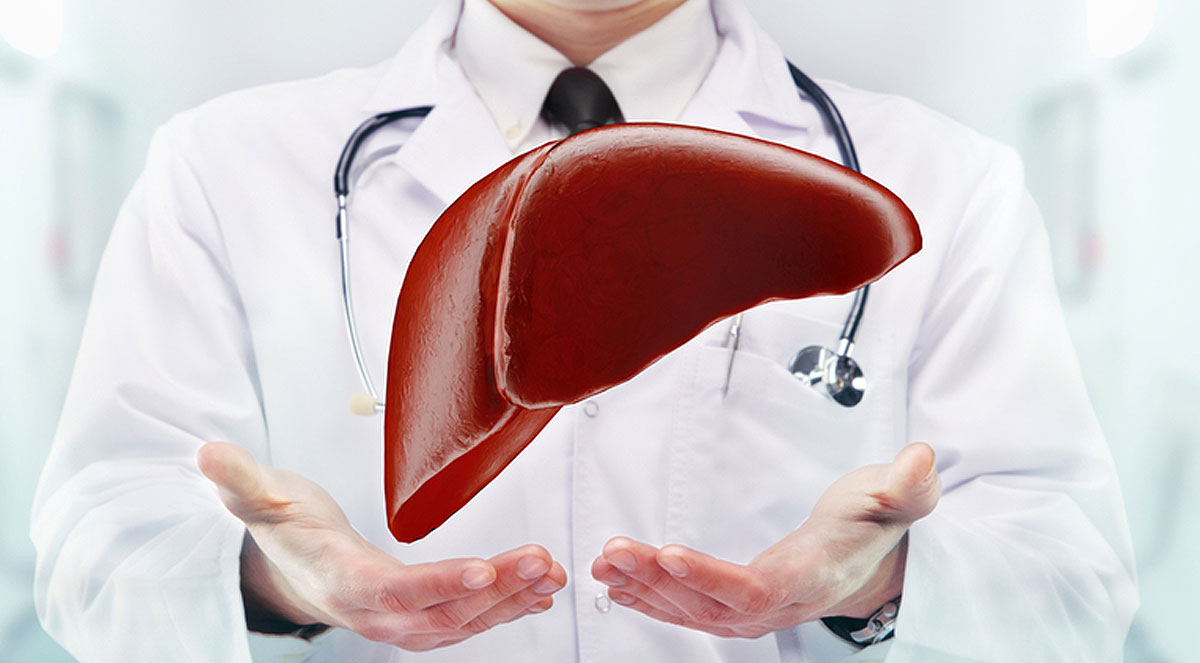Men’s wellness and bodybuilding are closely intertwined areas focused on optimizing physical health, strength, and aesthetics. Here’s an overview of each:
- Men’s Wellness: Men’s wellness encompasses holistic health practices aimed at optimizing physical, mental, and emotional well-being. It includes various aspects such as:
- Physical Fitness: Regular exercise, including cardiovascular activities, strength training, and flexibility exercises, to improve overall fitness levels.
- Nutrition: A balanced diet rich in essential nutrients, vitamins, and minerals to support bodily functions and promote longevity.
- Mental Health: Practices like mindfulness, stress management, and seeking support when needed to maintain mental well-being.
- Preventive Healthcare: Regular check-ups, screenings, and preventive measures to detect and address health issues early.
- Sleep: Prioritizing quality sleep to support overall health and recovery.
- Bodybuilding: Bodybuilding is a specific approach to physical fitness focused on developing muscle mass, strength, and definition. It involves targeted resistance training and nutrition strategies to achieve specific physique goals. Key aspects of bodybuilding include:
- Resistance Training: Using weights, resistance bands, or bodyweight exercises to stimulate muscle growth and strength.
- Nutrition: Following a structured diet plan tailored to support muscle growth, including adequate protein intake, balanced macronutrients, and proper hydration.
- Supplementation: Some bodybuilders may use supplements like protein powders, creatine, and branched-chain amino acids to support their training and recovery.
- Rest and Recovery: Allowing sufficient time for muscle recovery through rest days, proper sleep, and stress management.
- Competition: For some enthusiasts, bodybuilding involves participating in competitions where physique, symmetry, and muscle definition are judged.
The age factor
The age at which a man should start bodybuilding can vary depending on individual factors such as physical maturity, mental readiness, and personal goals. Here are some considerations:
- Physical Maturity: It’s generally recommended that individuals wait until they have reached physical maturity before engaging in intensive resistance training like bodybuilding. This typically occurs during late adolescence or early adulthood, around the ages of 16 to 18. Engaging in weightlifting or bodybuilding before physical maturity can potentially affect growth plates and skeletal development.
- Mental Readiness: Bodybuilding requires dedication, consistency, and discipline. It’s essential that individuals have the mental readiness to commit to a structured training regimen and nutrition plan. This readiness can vary greatly from person to person and may not necessarily correlate with age.
- Health Status: Before starting any new fitness regimen, it’s crucial to consider one’s current health status. Individuals with pre-existing medical conditions or injuries should consult with a healthcare professional before beginning bodybuilding or any other form of intense exercise.
- Goals and Intentions: The reasons for wanting to start bodybuilding can also influence the appropriate age to begin. If the goal is general fitness and health improvement, starting at any age with proper guidance may be appropriate. However, if the goal is competitive bodybuilding or achieving a specific physique, individuals may want to wait until they are physically and mentally prepared to handle the demands of such goals.
Ultimately, there is no specific age at which all men should start bodybuilding. It’s important for individuals to assess their own readiness, consult with healthcare professionals if necessary, and start gradually with proper instruction and guidance. Additionally, focusing on overall wellness and balanced physical development should always be a priority, regardless of age or fitness pursuits.
Pros and Cons
Bodybuilding, like any other fitness endeavor, has its own set of pros and cons. Here’s a breakdown:
Pros:
- Increased Strength and Muscle Mass: Bodybuilding involves resistance training, which can lead to significant gains in strength and muscle size. This can improve overall physical performance and functional capacity.
- Improved Body Composition: Through targeted training and nutrition, bodybuilders can reduce body fat levels and increase muscle definition, leading to a more aesthetic physique.
- Enhanced Metabolic Health: Regular exercise, including bodybuilding, can improve metabolic health by increasing insulin sensitivity, reducing the risk of type 2 diabetes, and promoting better overall cardiovascular health.
- Boosted Confidence: Achieving fitness goals, building muscle, and improving physical appearance can boost self-esteem and confidence.
- Structured Lifestyle: Bodybuilding often requires discipline in training, nutrition, and recovery, leading to a structured lifestyle that promotes overall health and well-being.
- Community and Support: Bodybuilding communities provide support, motivation, and camaraderie among enthusiasts, whether at the gym, online forums, or during competitions.
Cons:
- Risk of Injury: Intensive resistance training carries a risk of injury, especially if proper form is not maintained or if individuals overtrain.
- Time and Commitment: Bodybuilding requires consistent training, meal planning, and recovery efforts, which can be time-consuming and may interfere with other aspects of life.
- Financial Costs: Gym memberships, quality nutrition, supplements, and competition expenses can add up, making bodybuilding a potentially expensive pursuit.
- Body Image Issues: While bodybuilding can improve self-confidence, it may also lead to body dysmorphia or unhealthy obsession with appearance, especially in competitive contexts.
- Nutritional Challenges: Achieving specific physique goals often requires strict dietary adherence, which may lead to unhealthy relationships with food or disordered eating patterns.
- Long-Term Sustainability: Extreme dieting and training practices common in competitive bodybuilding may not be sustainable or conducive to long-term health and well-being.
- Social Limitations: Bodybuilding lifestyle choices, such as strict dietary restrictions or prioritizing gym sessions over social events, may lead to social isolation or strain on relationships.
Combining elements of men’s wellness with bodybuilding can lead to a comprehensive approach to fitness and health that prioritizes both physical performance and overall well-being. It’s essential for individuals involved in bodybuilding to ensure they maintain balance, address any potential health risks, and prioritize sustainable practices to support long-term health and fitness goals. Consulting with fitness professionals, nutritionists, and healthcare providers can help tailor approaches to individual needs and goals.
It’s essential for individuals interested in bodybuilding to weigh these pros and cons carefully, consider their personal goals and priorities, and adopt a balanced approach that promotes both physical health and overall well-being. Consulting with fitness professionals, nutritionists, and healthcare providers can also help navigate potential challenges and mitigate risks associated with bodybuilding.














